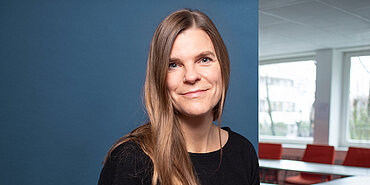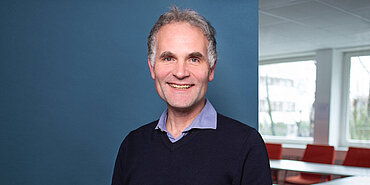

Cooperation with Japan
Japan, the birthplace of sushi and manga, is a symbol of technological progress and a source of far-Eastern traditions that are at once baffling and fascinating to Western countries. As remote as Japan sometimes seems, the country faces the same challenges as many other (post-) industrialised states. Among them are demographic change and social cohesion, young people’s integration into the labour market, and the safe and competent use of new media. While these are just as much a concern for Germany’s child and youth services community, Japan does have its own perspective on these phenomena and hence approaches them differently. Reflecting on this difference in approaches is a valuable exercise for Japanese and German experts, who can thus learn from each other. Exchanges with Japan can deliver very specific impulses from which the German experts’ conceptual and practical work can benefit greatly.
German-Japanese cooperation in the youth field has been exceptionally stable, with exchanges for experts going back almost half a century. This is also reflected in the quality of the programmes run with Japan. Since 2019, cooperation projects have focused on young people’s use of and exposure to media.
To ensure the lasting success of German-Japanese cooperation in the youth field, IJAB provides information and advisory services for child and youth welfare organisations wishing to establish or expand exchange activities. Beyond the information presented on the page Country information on Japan (page in German), IJAB’s representatives can be contacted by phone or e-mail at any time.
IJAB works on behalf of Germany’s Federal Ministry for Family Affairs, Senior Citizens, Women and Youth (BMFSFJ) to implement regular expert programmes under Germany’s youth policy cooperation with Japan. The German-Japanese expert programmes are an opportunity for experts to engage in a dialogue with their peers on relevant issues in the field of child and youth services. This dialogue is designed to strengthen child and youth services in selected priority areas and enable participants to gain new perspectives on and insights into shared challenges. Finally, the exchanges also promote bilateral relations between Germany and Japan and help experts to develop a deeper intercultural understanding.
The respective ministries responsible for expert changes are Japan’s Ministry of Education, Culture, Sports, Science and Technology (MEXT) and Germany’s Federal Ministry for Family Affairs, Senior Citizens, Women and Youth (BMFSFJ). The expert exchange, known as the “German-Japanese Study Programme”, is implemented on the Japanese side by the National Institution for Youth Education (NIYE). On the German side, the Study Programme is managed by two dedicated groups attached to IJAB on the one hand and the Japanese-German Center Berlin (JDZB) on the other. In addition, the Federal Association of Cultural Youth Education (www.bkj.de, page in German), the German Youth Hostel Association (DJH, page in German) and German Sports Youth (dsj, page in German) implement expert programmes with their own Japanese partners as part of German-Japanese youth policy cooperation.
The priority themes of the cooperation are identified during bilateral meetings between BMFSFJ and MEXT. The minutes of the second German-Japanese intergovernmental discussions on the continuation of the German-Japanese programmes, which took place in November 2023 in Berlin, are available here: (German/Japanese).
Youth policy cooperation with Japan has a long and successful tradition. It is based on a 1957 cultural agreement between the Federal Republic of Germany and Japan. The first formal German-Japanese youth exchanges took shape as early as between 1953 and 1964. A trip by young Germans to the Olympic Games in Tokyo in 1964 was the starting point for the setup of an official youth exchange programme which received funding from both governments. In 1971 this bilateral exchange programme was extended to include an exchange programme for experts, which has since gone from strength to strength.
Besides the German-Japanese Study Programme and the expert activities in cooperation with MEXT, in 2002 the Cabinet Office of the Prime Minister of Japan launched a multilateral training programme entitled “Young Core Leaders of Civil Society Groups Development Program” in Japan and various partner countries. Since 2008 BMFSFJ has been regularly invited to send German experts to Japan and to offer corresponding activities for Japanese experts in Germany. IJAB implements these programmes on behalf of BMFSFJ.

International Youth Policy Cooperation

